Genotype-by-Environment Interaction: Turning Climate Uncertainty into Aquaculture Resilience
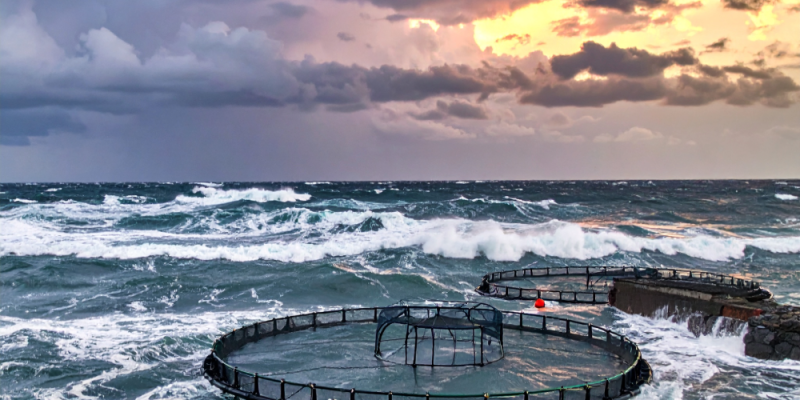
Climate change is no longer a distant challenge for aquaculture; it is an operational reality. Around the world, farms are already feeling the impact of more frequent and severe environmental stress events. Fluctuations in temperature, dissolved oxygen, salinity, and other key water parameters are affecting performance, stability, and predictability. At Xelect, and particularly in my role […]
Xelect Welcomes Habitat as a New Genetics Partner for Coho (Silver) Salmon
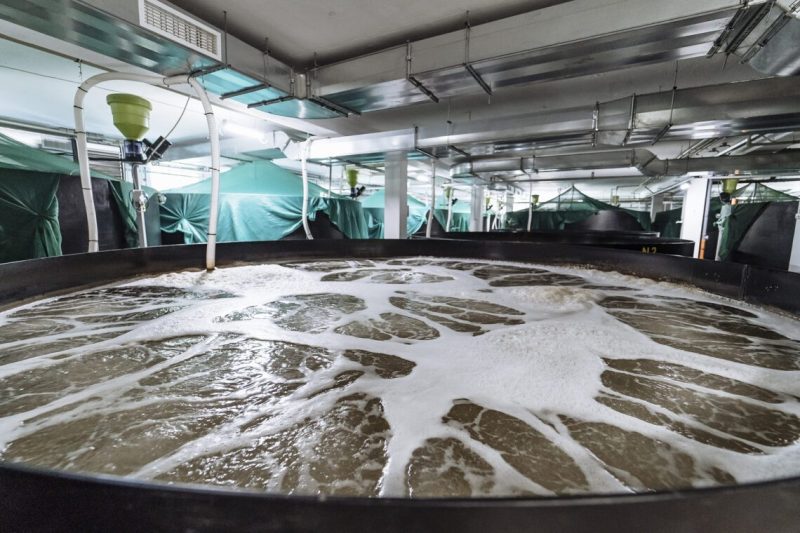
Xelect is pleased to announce a new partnership with Habitat, an innovative aquaculture company focused on developing next-generation, land-based systems for salmon.Under this collaboration, Xelect will work with Habitat to deliver a bespoke breeding programme, supporting Habitat’s long‑term vision for sustainable, land‑based aquaculture. Founded in 2017, with its first production batch in 2018, Habitat has built its […]
Driving Aquaculture Genetic Innovation in Africa: A Strategic Visit to Rock Springs Fish Farm
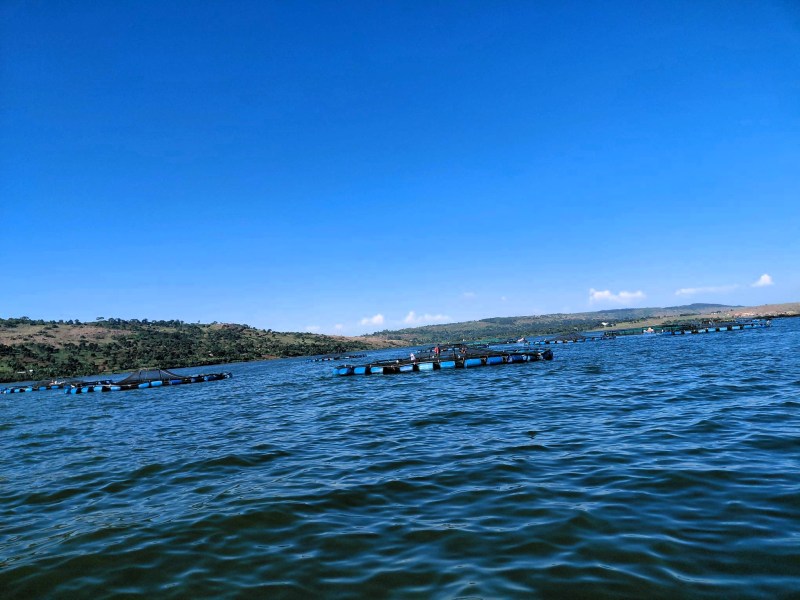
Aquaculture in Africa is entering a critical growth phase. With rapidly expanding populations, increasing demand for affordable animal protein, and continued pressure on capture fisheries, the continent faces both a challenge and an opportunity: to scale sustainable, productive aquaculture systems that can supply high‑quality fish to regional markets. At Xelect, we believe genetics is a central […]
Xelect Welcomes Two New Breeding Programme Managers
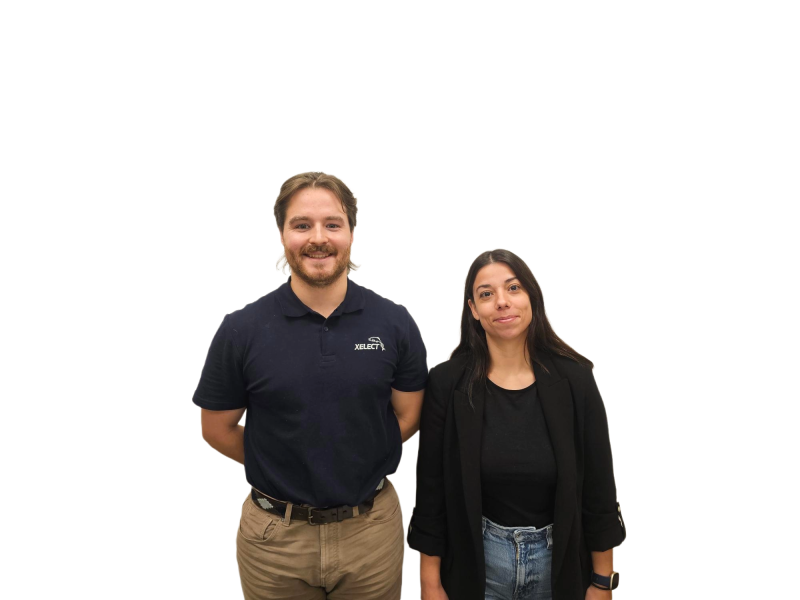
We’re delighted to announce the addition of two highly skilled professionals to our team at Xelect: Duncan Henderson and Dr Silvia Garcia-Ballesteros, who join us as Breeding Programme Managers. Both bring exceptional expertise in genetics and breeding programme design, strengthening our commitment to delivering world-class solutions for aquaculture producers worldwide. Duncan Henderson Duncan specialises in […]
Kames and Xelect announce strategic genetics partnership

For 50 years Kames Fish Farming have grown premium Steelhead trout in the pristine, idyllic sea lochs of the Inner Hebrides. As the oldest family-run fish farm in Scotland, their goal is to create a truly superior product and they recently collected the Best Company Award at the Aquaculture Awards. This month, Kames and Xelect […]
Xelect and Australis trial showcases targeted improvements in feed efficiency with genetics
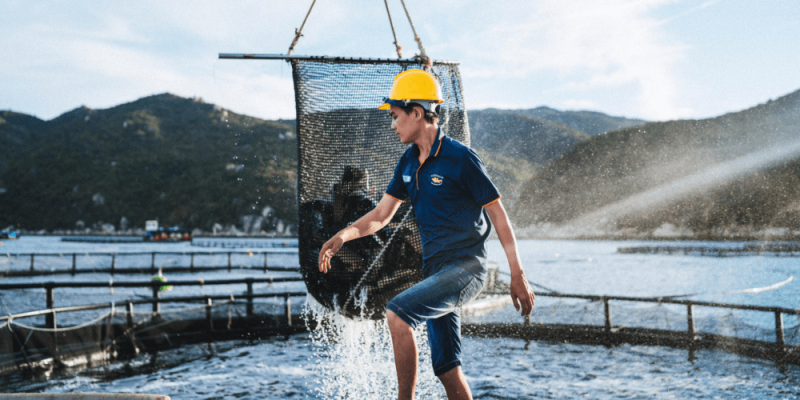
For the vast majority of aquaculture producers, feed is typically the largest single expense – often representing over two thirds of total production costs. With feed costs rising sharply, progressive producers are taking steps to enhance competitiveness by finding innovative ways to improve feed conversion efficiency. Vietnam based barramundi pioneers Australis Aquaculture have been running […]
Case Study: 10,000 miles apart. 1 goal.
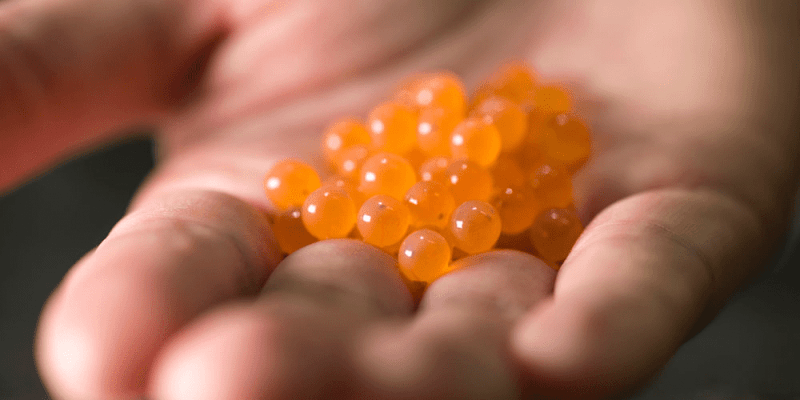
In December 2019 two journeys began. The first started at an airport in Edinburgh as I set off for my first site visit to Petuna. The other journey was going to take a little longer: a ground-breaking selective breeding programme to ensure best fish performance in elevated summer temperatures. Most people now know that a […]
Xelect announce new partnership in Kenya: Unlocking the genetic potential of tilapia
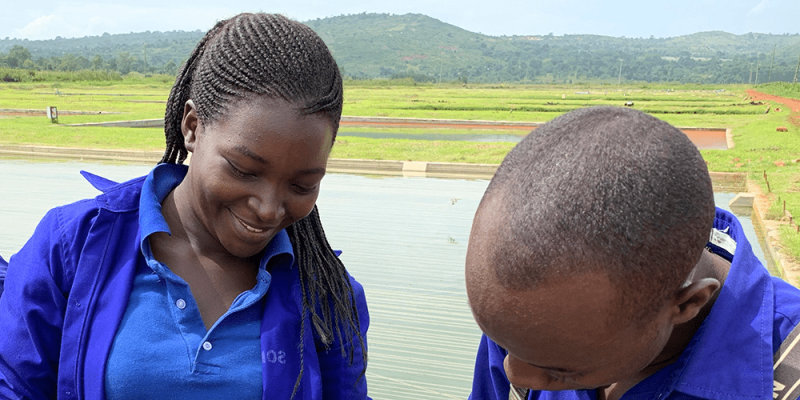
We’re delighted to announce a genetic analysis project supported by Msingi East Africa. This project helps to enable modern genetic selective breeding in tilapia operations in Kenya and Uganda. The project is a significant step forward in sustainable aquaculture in the area, and began with our experts providing the partner farms with on-the-ground training in […]
Genetics and RAS: does the new frontier in global aquaculture require a fresh approach to selective breeding?
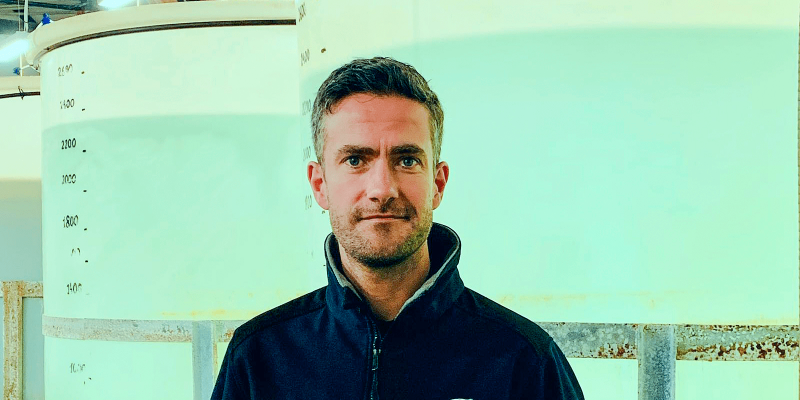
One of my first experiences of working in the aquaculture industry was on a tilapia farm in Cambridgeshire, thousands of miles from anywhere a tilapia would normally call home. Those were the early days of recirculating aquaculture systems (RAS) – it was the beginning of a new frontier that was technically and economically risky. Many tried and many failed.
